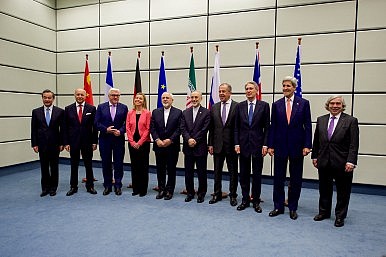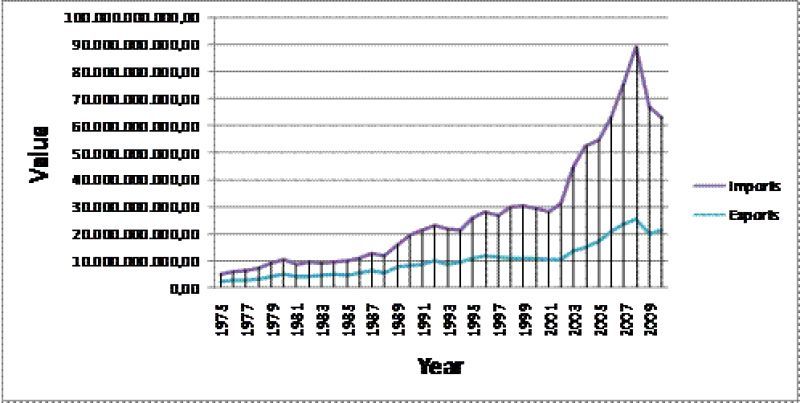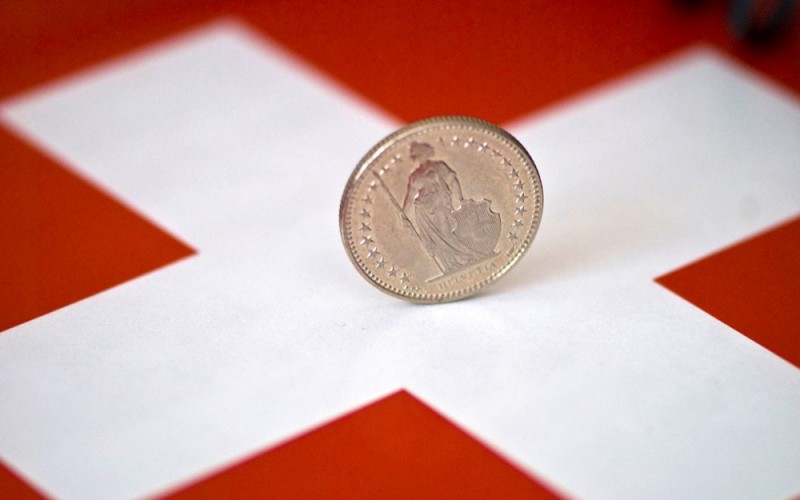One Belt One Road (OBOR) is an initiative the Chinese envisioned in 2013 and are taking progressive steps to bring it to fruition. Execution of the plan will depend on how China is able to engage the countries involved in this perimeter, mainly in what it calls the Silk Road Initiatives. The OBOR has following two key components:
- New Silk Road Economic Belt that links China and Europe, through Central and Western Asia
- Maritime Silk Road (MSR) that will connect China and Southeast Asian countries, Africa and Europe.






